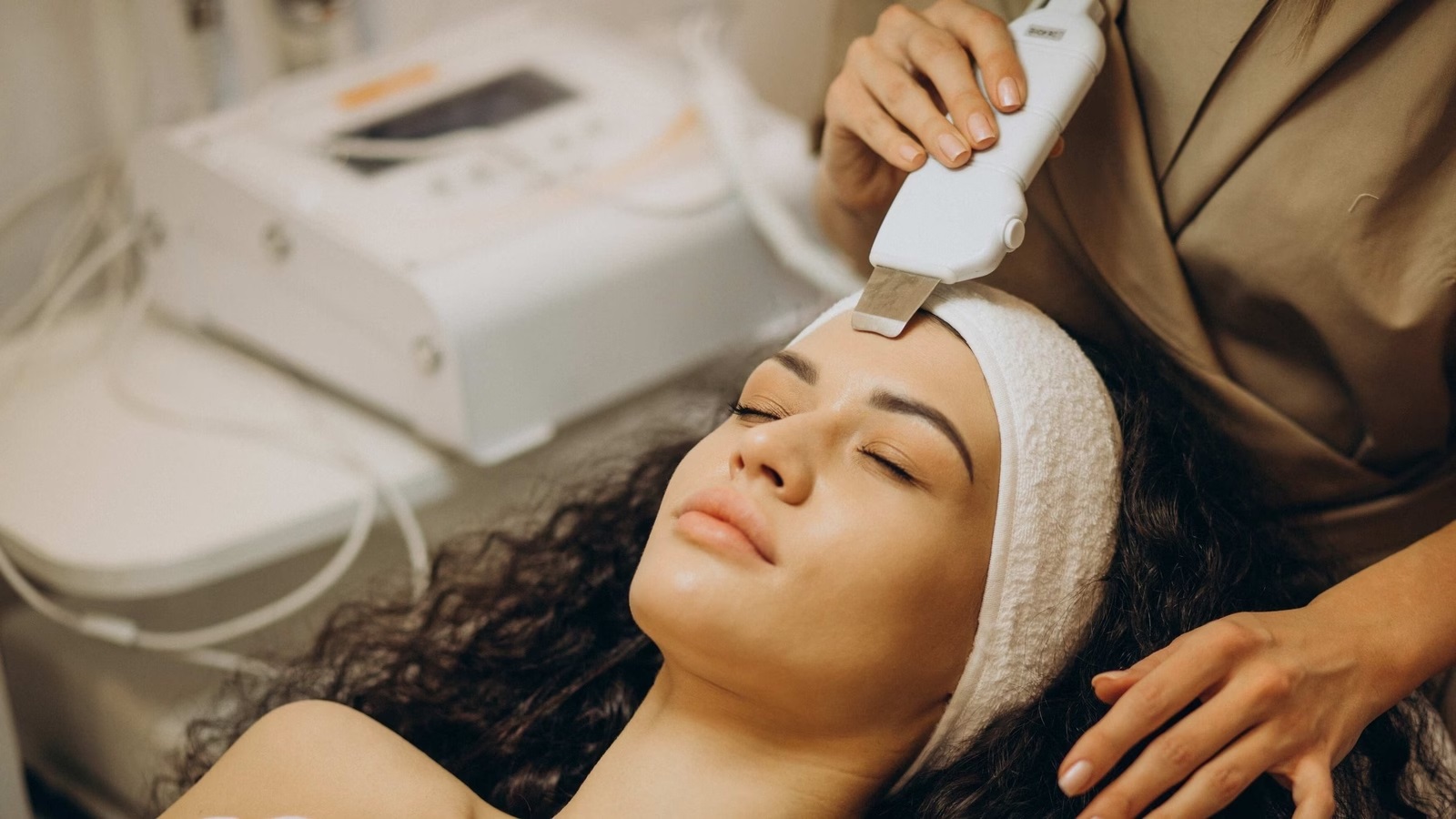What is Testosterone Therapy?
Testosterone therapy, often referred to as hormone replacement therapy for men, involves the administration of testosterone to increase its levels in individuals whose bodies do not produce enough of it. This therapy is commonly used to treat conditions influenced by low testosterone levels, such as hypogonadism.

Benefits of Testosterone Therapy
- Improves muscle mass and strength: Testosterone therapy can help increase muscle mass and enhance physical strength, which is particularly beneficial for aging men.
- Enhances mood and energy levels: Patients often experience improved mood and increased energy levels, contributing to a better quality of life.
- Boosts libido: Testosterone plays a crucial role in sexual health, and its supplementation can significantly improve libido and sexual function.
Common Misconceptions
- Testosterone therapy is solely for sexual performance: Many believe that this therapy is used only to enhance sexual performance, but its benefits extend to overall health and well-being.
- It is safe for all men: Testosterone therapy is not suitable for everyone and can have significant side effects, which should be carefully considered.
- Results are immediate: Some expect immediate results from testosterone therapy, but it typically takes time to see significant changes.
For more detailed information, resources like Wikipedia can provide a broad overview of testosterone therapy and its implications.
Common Side Effects of Testosterone Therapy
Testosterone therapy, often administered to address issues of low testosterone levels, can bring about a variety of side effects that affect both physical and mental health.
Physical Side Effects
- Increased acne and skin oiliness
- Enhanced hair growth or loss
- Fluctuations in weight and muscle mass
- Possible increased risk of blood clots
Emotional and Psychological Effects
- Mood swings and increased irritability
- Potential for heightened anxiety or depression
- Changes in libido and sexual function
Long-term Health Impacts
- Elevated risk of cardiovascular diseases
- Possible impact on liver health
- Concerns regarding fertility and hormonal imbalances
Understanding these side effects can help patients and healthcare providers manage and mitigate them effectively throughout the therapy process.
Managing Acute Side Effects
Managing the acute side effects of testosterone therapy is crucial for maintaining overall health and well-being. Huddle Men’s Health provides a comprehensive approach to address these side effects effectively.
Medication Adjustments
- Review current medications: It’s essential to assess the existing testosterone dosage and other related medications.
- Tailor dosages: Adjusting the dosage can help mitigate side effects without compromising the therapy’s effectiveness.
- Consult healthcare providers: Regular consultations with healthcare professionals ensure that medication adjustments are made safely and effectively.
Lifestyle Changes
- Dietary modifications: Incorporating a balanced diet supports the body’s ability to cope with changes due to therapy.
- Regular exercise: Engaging in regular physical activity can alleviate some side effects like mood swings and weight gain.
- Adequate rest: Ensuring sufficient sleep is vital for recovery and managing stress levels.
Supportive Therapies
- Counseling services: Psychological support through counseling can help manage emotional side effects.
- Physical therapies: Techniques such as massage or acupuncture can relieve physical discomfort.
- Support groups: Joining support groups provides emotional and social support, sharing experiences and coping strategies with others undergoing similar treatments.
Addressing Long-term Complications
Cardiovascular Risks
Long-term testosterone therapy can increase the risk of cardiovascular issues. Patients should be monitored regularly for signs of heart disease, and preventive measures should be taken to mitigate these risks. Strategies include maintaining a healthy diet, regular exercise, and managing blood pressure and cholesterol levels.
Bone Density and Health
Testosterone therapy can impact bone density, making regular monitoring essential. Patients are advised to engage in weight-bearing exercises and ensure adequate intake of calcium and vitamin D to support bone health.
Hormonal Imbalances
Long-term use of testosterone therapy can lead to hormonal imbalances. It is crucial for patients to have their hormone levels checked regularly to adjust the therapy as needed. TRT Nation emphasizes the importance of balancing testosterone levels to avoid potential complications such as infertility or changes in mood.
Monitoring and Testing During Therapy
Monitoring and testing are crucial components of testosterone therapy to ensure safety and effectiveness. At MensTclinic, a comprehensive approach is adopted to track the progress and manage any arising issues during the treatment.
Routine Blood Tests
- Regular blood tests are essential to monitor hormone levels and other vital blood parameters.
- These tests help in adjusting dosages and assessing the body’s response to the therapy.
Regular Physical Examinations
- Physical examinations are conducted periodically to check for physical changes and potential side effects.
- These examinations help in early detection of any complications that might require immediate attention.
Psychological Assessments
- Psychological assessments are integral to understanding the emotional and mental health impacts of testosterone therapy.
- These assessments help in identifying any psychological side effects and providing the necessary support or adjustments in treatment.
Diet and Exercise Recommendations
Nutritional Guidelines
A balanced diet is crucial for individuals undergoing testosterone therapy. It should include a variety of nutrients to support overall health and the specific demands of the therapy. Key components include:
- High-quality proteins from lean meats, fish, and legumes
- Complex carbohydrates like whole grains and vegetables
- Healthy fats from sources such as avocados, nuts, and seeds
- Adequate fiber intake
- Plenty of water to stay hydrated
MensHealth.Com suggests that specific dietary adjustments might be necessary based on individual health needs and therapy side effects.
Recommended Physical Activities
Regular exercise is essential to manage the physical changes and support overall well-being during testosterone therapy. Recommended activities include:
- Strength training to help increase muscle mass and strength
- Cardiovascular exercises such as running, cycling, or swimming to improve heart health
- Flexibility and balance exercises like yoga or Pilates
It’s important to tailor the exercise regimen to the individual’s fitness level and health status.
Avoiding Harmful Habits
To maximize the benefits of testosterone therapy and minimize risks, certain habits should be avoided:
- Smoking, as it can exacerbate cardiovascular risks
- Excessive alcohol consumption
- Use of illicit drugs
- Overeating, especially of junk food
These lifestyle choices can negatively impact the effectiveness of the therapy and overall health.
Navigating Emotional and Social Challenges
Testosterone therapy can bring about significant emotional and social changes, which require effective strategies to manage. Understanding and addressing these challenges is crucial for maintaining mental health and social well-being during treatment.
Coping with Mood Swings
Mood swings can be a common side effect of testosterone therapy. Patients are advised to:
- Monitor their emotional state regularly
- Communicate openly with healthcare providers about their feelings
- Consider engaging in stress-relief activities such as yoga, meditation, or regular exercise
Building a Support System
A strong support system is vital:
- Maintain close connections with family and friends
- Join support groups where experiences with testosterone therapy are shared
- Utilize online resources and communities, such as PeakTRT.com, for additional support
Dealing with Stigma
Stigma associated with testosterone therapy can be challenging. To combat this, patients should:
- Educate themselves and others about the facts of testosterone therapy
- Seek professional counseling if needed
- Advocate for broader understanding and acceptance in society




